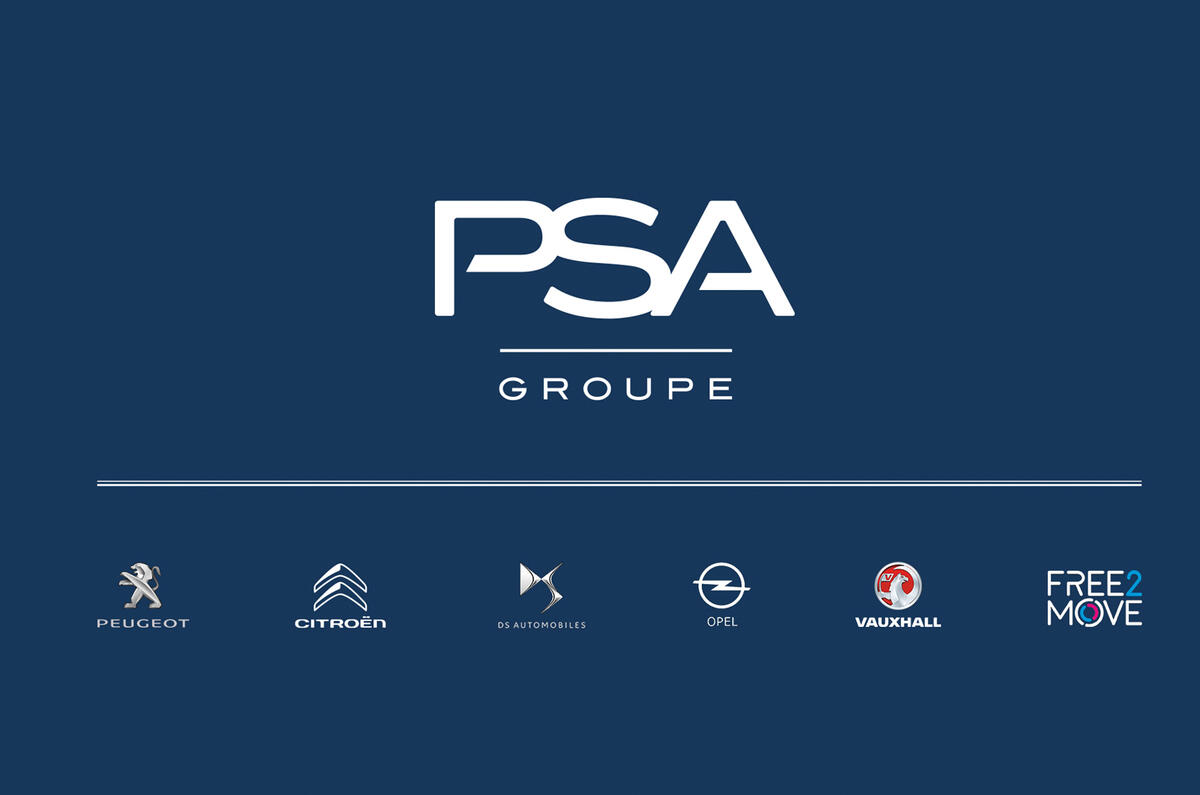The PSA Group will launch 116 new cars across its five brands – Peugeot, Citroën, DS, Vauxhall and Opel – by 2021, accelerate the electrification of its model range and launch Peugeot in the North American market as part of the second phase of its ‘Push to Pass’ growth plan.
The strategic plan, the first version of which was unveiled in 2016, is designed to turn the company into a “global vehicle manufacturer”, and the company completed the first phase by recording its fifth consecutive year of growth. Since the first plan was launched, PSA has acquired Vauxhall and Opel – which posted a profit in 2018 for the first time in 20 years.
The second phase of the plan runs from 2019 until 2021, and aims to grow the company’s global presence with entry into several new markets, along with expanding its product range and a focus on electrification and digital technology.
“We will be continuing our Darwinian transformation and approaching each challenges as an opportunity to stand out against our competitors,” said PSA Group chairman Carlos Tavares. “Darwinian means that either we adapt and change, or we die. We will adapt, and we are now ready for change."
North America a key global growth targets
The PSA Group has set a target to increase sales outside of Europe by 50% by the end of 2021. To achieve that, it plans to launch Peugeot in the North American market, Citroën in India and Opel in Russia.
Peugeot’s return to North America – giving PSA access to the crucial US market – has been planned since 2016, with the company recruiting staff recently and having worked to make its vehicles compliant with key US regulations.
Tavares said the firm's North American market entry into "the US and/or Canada" would be done in an "unconventional, frugal and creative" way. Initially, models will be imported from China and Europe, and Tavares hinted it had developed a "creative" sales and distribution strategy. He noted that the firm would wait to see what happened with the ongoing threat of a trade war before finalising plans.
Tavares added: "We made the decision Peugeot will be the brand to take us back to North America. We believe bringing the brand that three times won the Indianapolis 500 is the right thing to do."
The brand launched in the US in 1958, but withdrew from the market in 1991 due to dwindling sales. It has maintained a North American presence by selling cars in Mexico, although models sold there do not meet requirements to be sold in the US or Canada.
In terms of Citroën's entry into India, Tavares said that would also take a "creative" approach, and that the firm had already developed a model line-up plan, which will be unveiled in the near-future.
Opel only withdrew from the Russian market two years ago, and Tavares said the company still has around half-a-million vehicles on the road there, a market awareness that presents a "significant opportunity" for a return.
Range expansion and electrification
The 116 "regional" models PSA Group will launch by 2021 include concepts, and are likely to include a large number of commercial vehicles, cited as a key growth target. The goal is to reduce the average age of the group’s model range to 3.5 years.








Join the debate
Add your comment
Reliability...
Least reliable cars on our fleet?? Porsche followed by Mercedes, We run MB, VW, Skoda, Porsche, Nissan, BMW & Citroen. Interesting that the Porsche is less reliable than its VW bedfellows and a lot more expensive!
Most reliable to date? Nissan & Citroen. Cheapest to lease? BMW & MB. Make of it what you will.
PSA growth plan
Does the plan finally include highly improved reliability, damn it?
Lads PSA are typically more
Lads PSA are typically more reliable than VAG, and VAG suell in US.